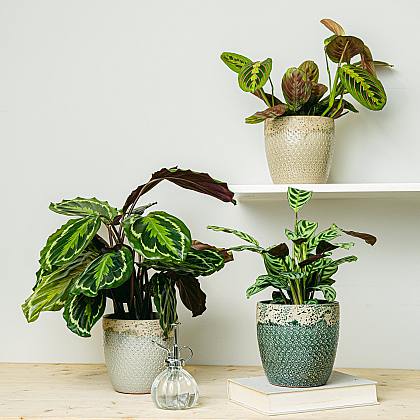Because some plants are not suitable for pets
Learning how and which plants you should keep away from your pets is essential to ensure their good health and avoid unnecessary scares.

Not all plants and pets are compatible, and I don't mean that pairing cats with hanging ferns isn't the best of ideas (don't ask me how I discovered this) or that there are dogs that will want to train for the national pot-digging contest; but there are plants that can be harmful to your furry best friend. Learning how and which plants you should keep away from your pets is essential to ensure their good health and avoid unnecessary scares.
Why are there toxic plants?
As plants are so static, we tend to forget that they are also living beings and as such they develop strategies that are aimed at conserving and prolonging their existence. Just as there are animals that develop an appearance that allows them to go unnoticed to avoid their predators or acquire colors and vivid patterns to warn that they are poisonous, plants also undergo changes in adaptation and defense.

